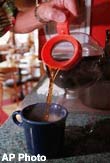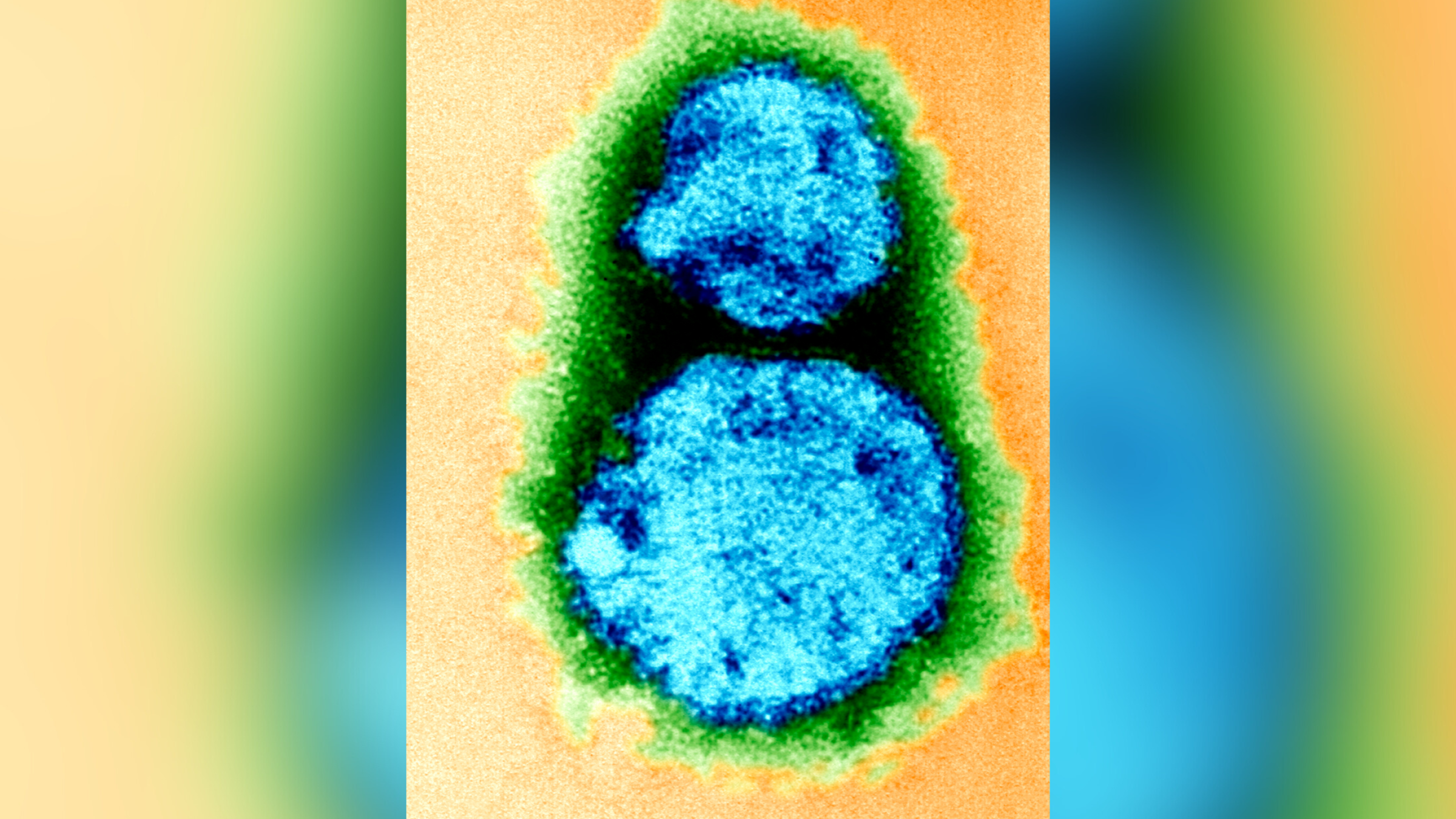Hot and Healthy Winter Drinks

The popular cold-weather drinks of old included wassail, mead, negus and bishop. This holiday season Americans will drink a lot more cocoa, tea and coffee. The shift is likely improving our health, studies suggest.
New research shows these popular drinks not only warm the body but could heat up the immune system and possibly prevent certain ailments.
The key is their high levels of antioxidants, which help counteract the damaging effect that oxygen can have on the body's tissues. Oxygen is important to basic cell function, but inside tissues, it strips electrons from molecules, leaving behind "free radicals" which are part of the chemistry that causes heart disease, cancer, strokes, and other problems.
"People in general are responding to beverage products with health and wellness benefits," John Sicher of Beverage Digest told LiveScience. "The trend is unmistakable and is going to gain traction in the years to come."
Coffee is No. 1
Health officials of course recommend moderation and a well-balanced diet. That in mind, what's the science behind our favorite winter beverages?
Researchers at the University of Scranton found that a cup of coffee is the number one source of antioxidants in the U.S. diet. "Nothing else comes close," said study leader and chemist Joe Vinson. "One to two cups a day appear to be beneficial."
Sign up for the Live Science daily newsletter now
Get the world’s most fascinating discoveries delivered straight to your inbox.
Beer came in second. Potatoes were a strong third.
Research led by Cornell University's Chang Yong Lee found that hot cocoa, on a per-serving basis, has four to five times more antioxidants than black tea, two to three times more than green tea, and almost two times more than red wine.
"A cup or two of hot cocoa every once in a while can provide a delicious, warm and healthy way to obtain more antioxidants," Lee said.
Tea for two weeks
Subjects in another study drank a cup of chamomile tea daily for two weeks. Higher levels of the compounds hippurate and glycine and lower levels of creatinine were found in subjects' urine at the end of the test.
The glycine increase showed up especially in females, suggesting the tea helped with reproductive activity, such as during early pregnancy, said study leader Elaine Holmes at Imperial College London.
The declines in creatinine could have been the result of antioxidant activity caused by the chamomile tea, Holmes and her colleagues say.
Microbes in our gut control the excretion of hippurate. Chamomile is known to have microbe-killing capabilities. So the authors figure increased hippurate after drinking chamomile tea was a result of disruption of disease-causing microbes in the gut. Such disturbances could improve health by helping to fight off infections.
The cocoa and chamomile research papers were published recently in the Journal of Agricultural and Food Chemistry.
Other good stuff
Dates have the most antioxidants based on serving size, but few people eat them frequently enough to pack the antioxidant punch most Americans get from coffee.
Fruits and vegetables remain highly recommended sources of antioxidants in part because they also have many other nutrients and fiber.
And for those keen to try a little mead, bishop or wassail (which is an old Saxon phrase meaning "to your health"), recipes and lore can be found here.
- Anger is Good For You
- The Chemistry of Great Coffee
- Study: A Third of Medical Studies are Wrong
- Elite Women Made Beer in Pre-Incan Culture
- Life Expectancy in America Hits Record High
- The Odds of Dying
Robin Lloyd was a senior editor at Space.com and Live Science from 2007 to 2009. She holds a B.A. degree in sociology from Smith College and a Ph.D. and M.A. degree in sociology from the University of California at Santa Barbara. She is currently a freelance science writer based in New York City and a contributing editor at Scientific American, as well as an adjunct professor at New York University's Science, Health and Environmental Reporting Program.










